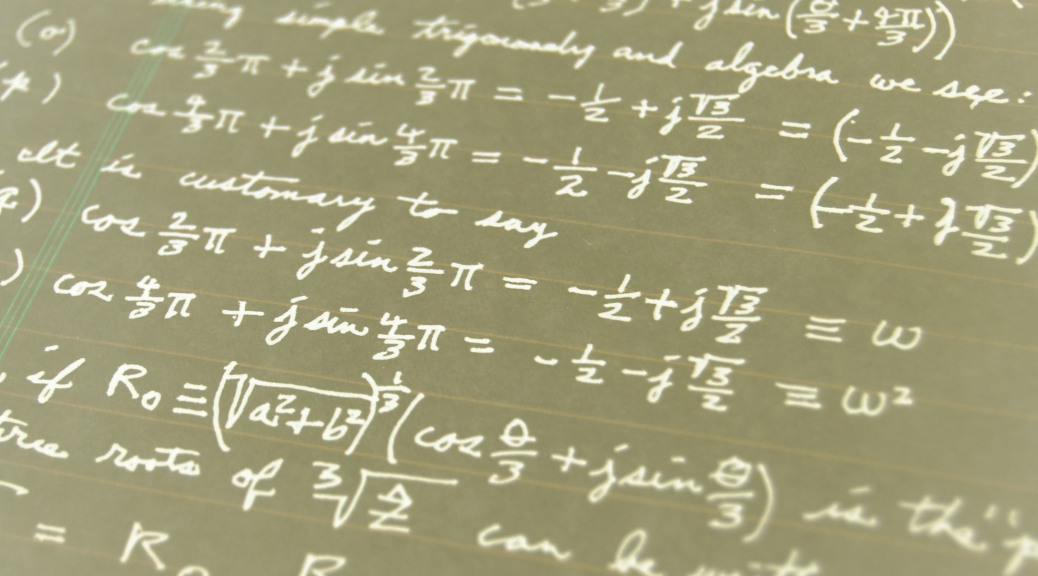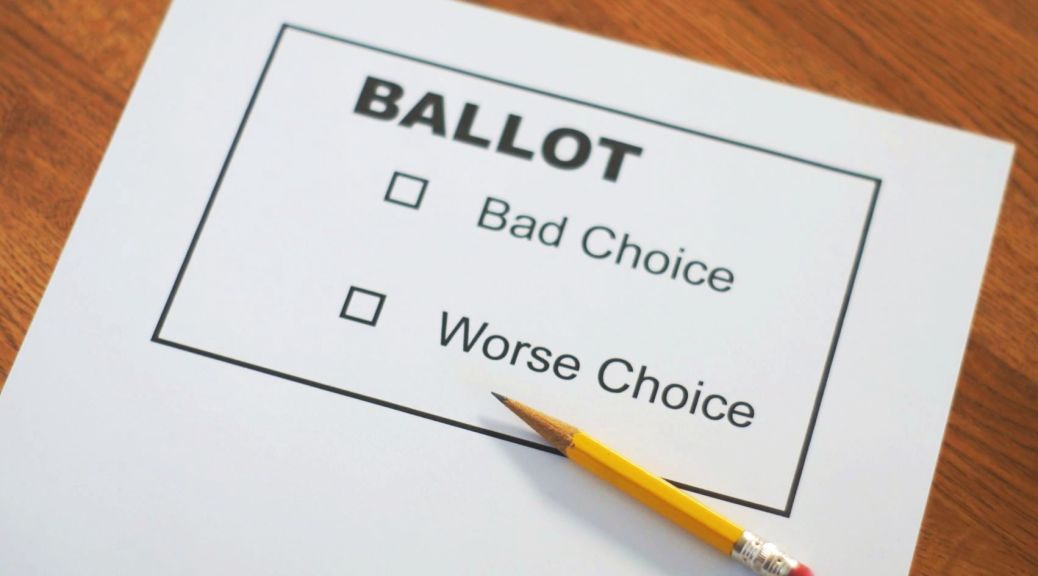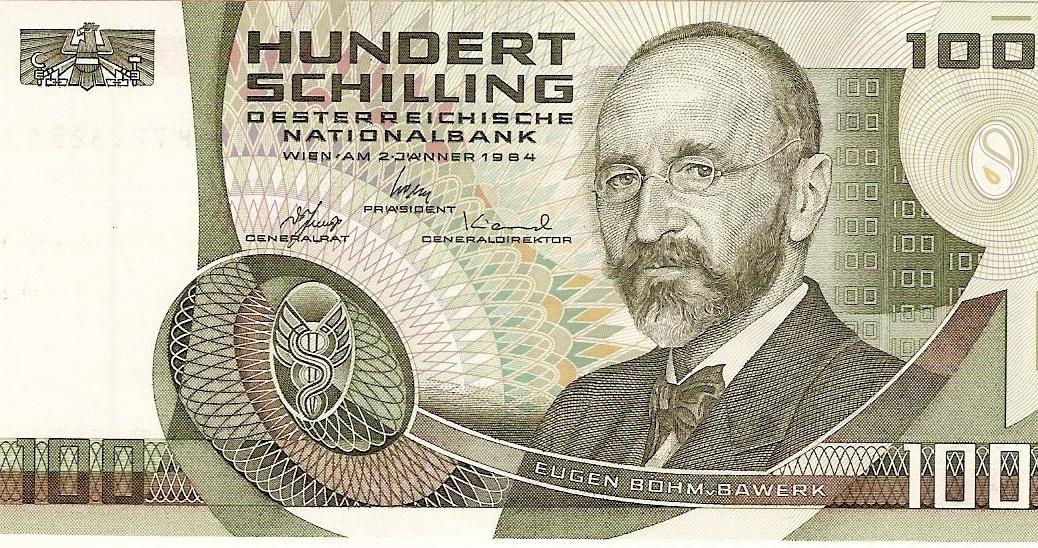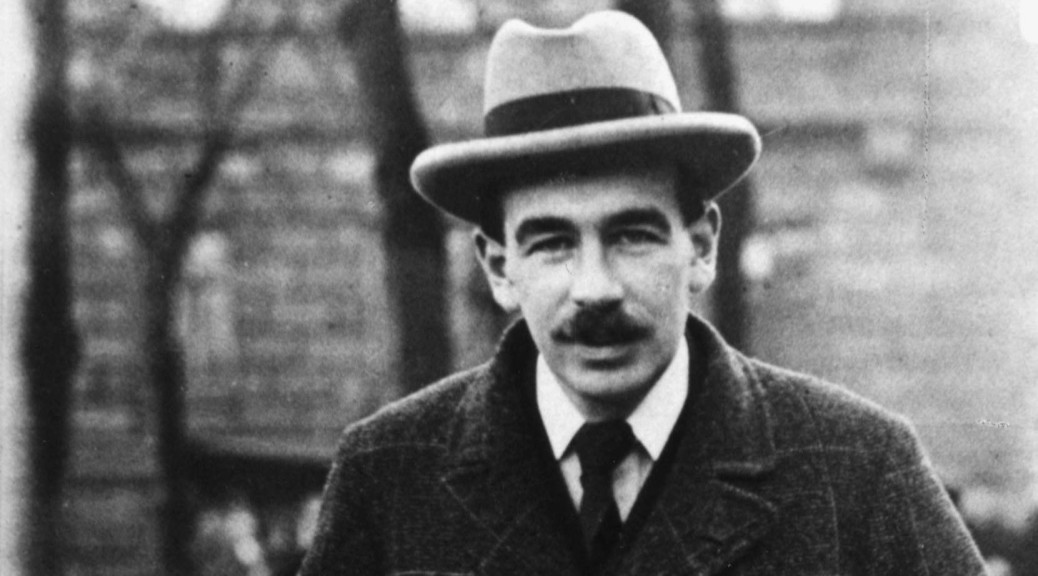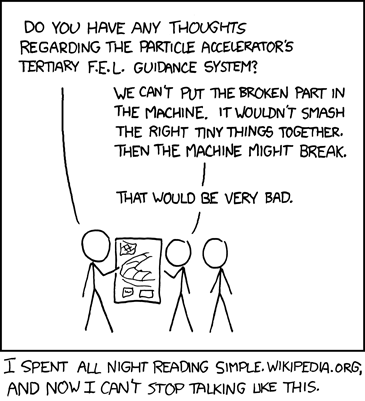This episode of Economics Detective Radio features Zack Hess. Zack is working on a project called “TruthCoin,” a decentralized prediction market based on the technology behind bitcoin.
Prediction markets are a highly effective way to bring together dispersed information and insight into prices that reflect the likelihood of any future event. However, recent attempts to create centralized prediction markets have been thwarted by governments under antiquarian anti-gambling laws.
Enter TruthCoin. TruthCoin is a prediction market (currently in beta) that will not depend on any central server or organization. This online market will be dispersed among all the participants and thus more difficult to shut down.
Furthermore, TruthCoin will not depend on a central arbiter. The main difficulty faced by the creators of TruthCoin is in creating incentives for human arbiters to judge the outcomes of bets correctly. The solution is for judges to be set against one another, for each judge to get a higher payoff when other judges are wrong. Then any attempted collusion between arbiters falls apart. Continue reading TruthCoin, Prediction Markets, and Anarchy with Zack Hess
Subscribe to Economics Detective Radio on iTunes, Android, or Stitcher.


